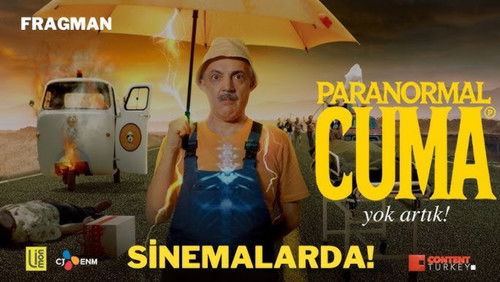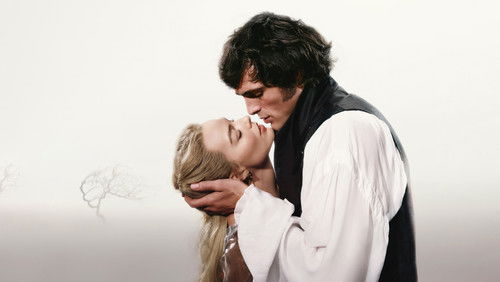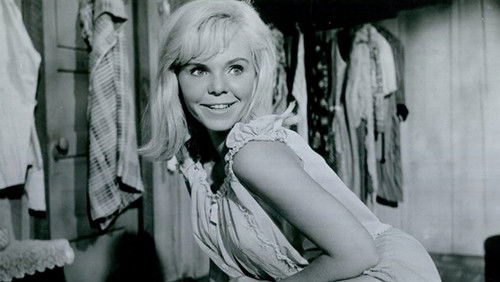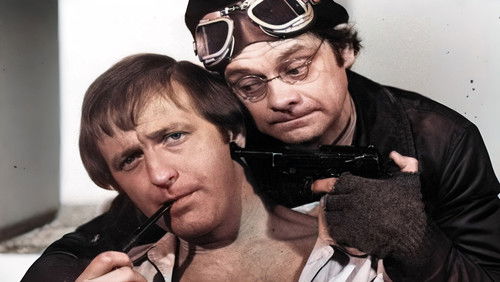A Canterbury Tale (1944)
16KA Canterbury Tale: Directed by Michael Powell, Emeric Pressburger. With Eric Portman, Sheila Sim, Dennis Price, John Sweet. Three modern day pilgrims investigate a bizarre crime in a small town on the way to Canterbury.
“The major disadvantage when recommending this film to someone is that itu0026#39;s practically impossible to describe! Itu0026#39;s easy enough to say what it *isnu0026#39;t*: itu0026#39;s not a detective story and itu0026#39;s certainly not a thriller, despite the fact that it nominally revolves around an unsolved crime. Itu0026#39;s not a war-story, despite the fact that it is set immediately before D-Day and the main characters are intimately involved in the war effort. Itu0026#39;s not a romance, despite the fact that two of the characters have an unhappy love-story. And itu0026#39;s not the Chaucerian epic one might be led to expect by the title and the opening scene – although by the end, the pilgrimage allusions turn out to be rather more strangely apt then they at first appear.u003cbr/u003eu003cbr/u003eThe only word I can find to give a flavour of this story is that it is above all English – as English as Ealing comedy (without the comedy), as Miss Marple (without the murder), as Elizabeth Goudge (without the magic)… and yet again I find myself defining it by what it *isnu0026#39;t*! Itu0026#39;s English in a way that is quietly, deeply antithetical to the frenetic posturing of u0026#39;Cool Britanniau0026#39;. It is as English as the haze over the long grass beneath the trees of a summer meadow; as polished brass and a whiff of steam as the express pulls up at a country halt; as church bells drifting in snatches on a lazy breeze, and the taste of blackberries in the sun.u003cbr/u003eu003cbr/u003eItu0026#39;s almost impossible now to comprehend that the 1940s countryside in which this film is set was *really there*; that it was not the Second World War but its crippling aftermath that industrialised farms, banished the horse-drawn vehicles from the wheelwrightu0026#39;s, and exchanged towering hay-wains for silage towers. Britain was determined never to starve again – and so the world that had once differed so little from that of Chauceru0026#39;s time was swept away beyond recall. When it was made, this film was no more a rustic period piece than u0026#39;Passport to Pimlicou0026#39;, a few years later, was an urban social documentary. Subsequent events have preserved both in mute evidence of contemporary communities that are almost unbelievable today.u003cbr/u003eu003cbr/u003eIt is perhaps fair, therefore, to assume that the type of viewer who will watch u0026#39;Battlefield Earthu0026#39; is unlikely to find this film anything other than silly, parochial and ultimately dull! Very little actually happens. The story is on occasion both humorous and poignant, but what we at first assume to be the central plot turns out not to be the point at all. The triple denouement is set up so gently and skilfully that we, too, are taken by miraculous surprise, with the true shape of the film only evident in retrospect.u003cbr/u003eu003cbr/u003eIt is, ultimately, a story about faith, and miracles, and pilgrimages, even in the then-modern world of shopgirls, lumbermen and cinema organists – and if that idea in itself sounds enough to put you off, as I confess it would have done for me before I watched it myself, then I will gladly add that it is a film about beauty, and hope, and unexpected friendship and laughter; and technically very accomplished to boot. The use of black and white is glorious, ranging from the glimmer in the obscurest of shadows to sun-drenched hillside, and the totally unselfconscious reference to Chaucer in the opening sequence is in these days worth the price of admission alone.u003cbr/u003eu003cbr/u003eIf you like gentle films – sweet-natured films – films with a deep affection for their subject – films that make you laugh and cry, but always smile – then I urge you not on any account to miss this one. If, for the moment, you require thrills, spills, forbidden passions and last-minute rescues, then pass it by and let it go on its tranquil way. When you are old and grey and full of sleep, this unassuming classic will still be there, waiting…”









